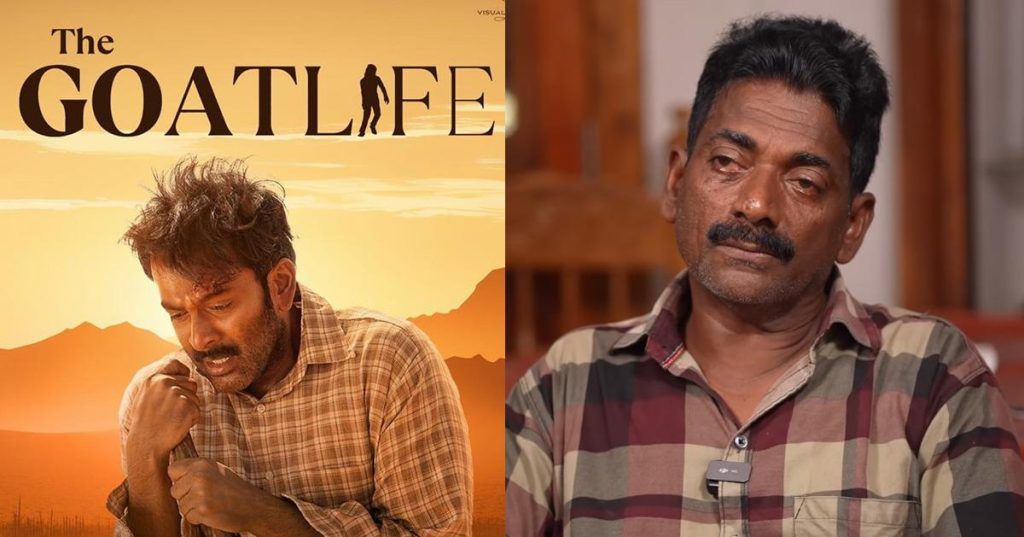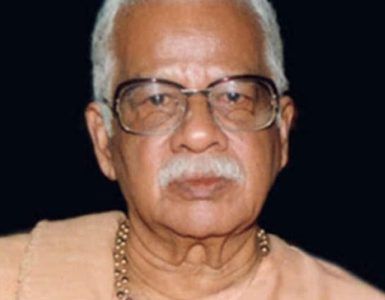In a small village nestled in the heart of Haripad, Alappuzha, a tale of despair and resilience unfolded in 1993 as Najeeb, a laborer from Aarattupuzha, embarked on a journey to Saudi Arabia in search of a better life. Little did he know, his aspirations would lead him into a harrowing ordeal of exploitation and captivity in the unforgiving desert landscape.
Promised a job at a supermarket in Jeddah, Najeeb’s dreams quickly turned into a nightmare upon his arrival in Saudi Arabia. Instead of the bustling city life he had hoped for, he found himself stranded in the desolate outskirts, under the ruthless grip of an exploitative Arbab. Forced to tend to a herd of 700 goats, Najeeb endured relentless exploitation and inhumane living conditions.

His days were marked by isolation, surveillance, and cruelty as he toiled under the scorching sun, deprived of basic hygiene and nourishment. Despite the unbearable circumstances, Najeeb’s spirit remained unbroken as he clung to hope for freedom.
After two long years of suffering, Najeeb seized a fleeting opportunity for escape when his Arbab departed for a family wedding. Fleeing into the vast desert, he embarked on a perilous journey, enduring thirst and exhaustion until he encountered a compassionate stranger who aided his passage to safety.
Following a stint in jail, which paled in comparison to his previous suffering, Najeeb was eventually repatriated to Kerala by the government, marking the end of his agonizing ordeal.

The remarkable tale of Najeeb’s survival came to light through the efforts of Benyamin, the author of “Goat Life,” whose depiction of Najeeb’s journey shed light on the plight of countless migrant workers. Now, as anticipation builds for Blessy and Prithviraj’s cinematic adaptation of “Goat Life,” Najeeb’s story is poised to inspire audiences worldwide, showcasing the indomitable human spirit in the face of adversity.








